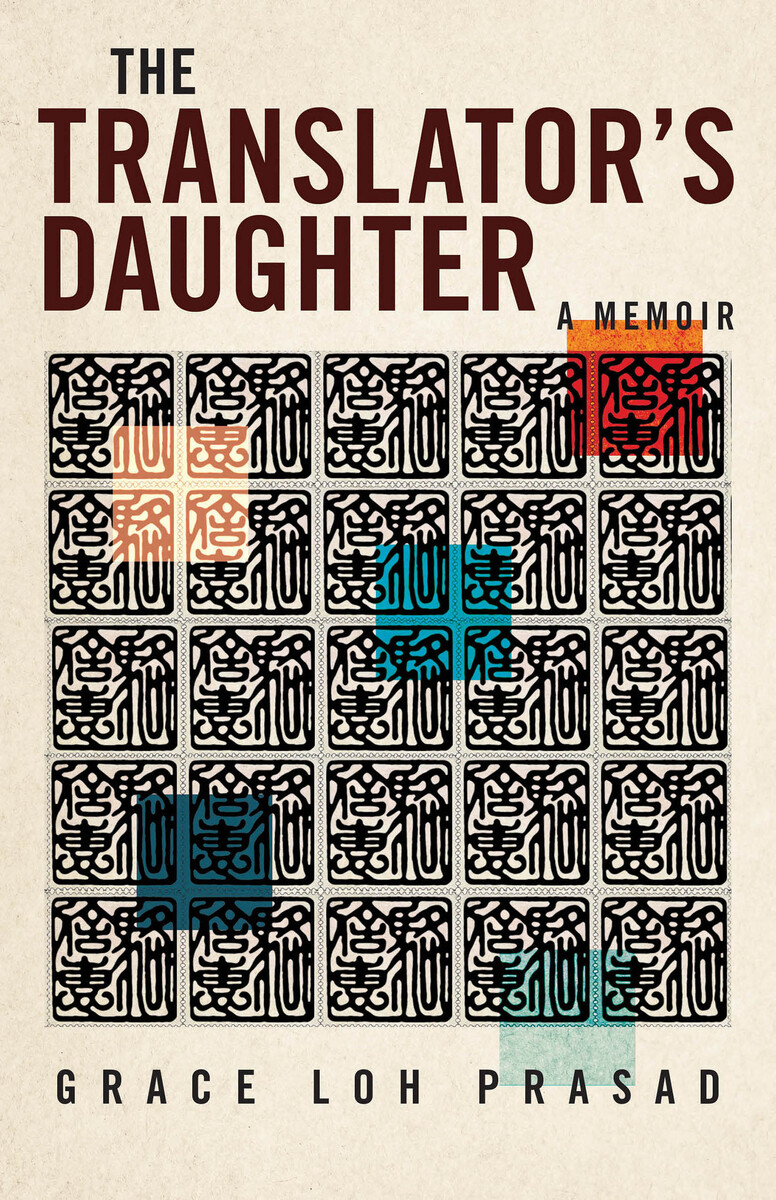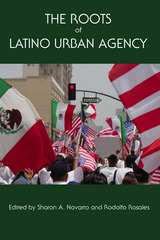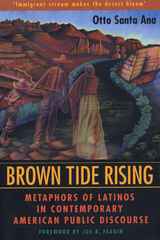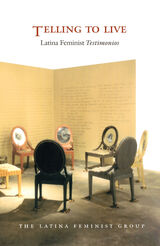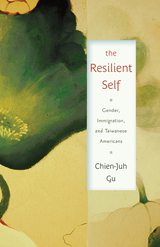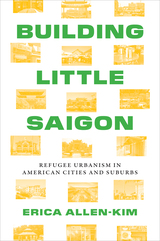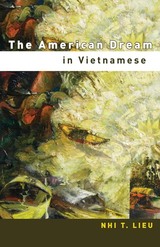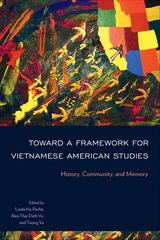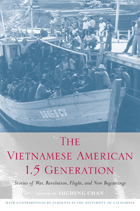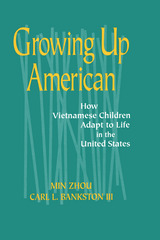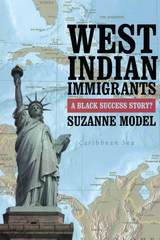The Translator's Daughter: A Memoir
The Ohio State University Press, 2024
eISBN: 978-0-8142-8327-1 | Paper: 978-0-8142-5897-2
Library of Congress Classification E184.T35P73 2024
Dewey Decimal Classification 973.049925
eISBN: 978-0-8142-8327-1 | Paper: 978-0-8142-5897-2
Library of Congress Classification E184.T35P73 2024
Dewey Decimal Classification 973.049925
ABOUT THIS BOOK | AUTHOR BIOGRAPHY | REVIEWS | TOC
ABOUT THIS BOOK
Born in Taiwan, Grace Loh Prasad was two years old when the threat of political persecution under Chiang Kai-shek's dictatorship drove her family to the United States, setting her up to become an accidental immigrant. The family did not know when they would be able to go home again; this exile lasted long enough for Prasad to forget her native Taiwanese language and grow up American. Having multilingual parents—including a father who worked as a translator—meant she never had to develop the fluency to navigate Taiwan on visits. But when her parents moved back to Taiwan permanently when she was in college and her mother was diagnosed with Alzheimer's, she recognized the urgency of forging a stronger connection with her birthplace before it was too late. As she recounts her journey to reclaim her heritage in The Translator's Daughter, Prasad unfurls themes of memory, dislocation, and loss in all their rich complexity. The result is a unique immigration story about the loneliness of living in a diaspora, the search for belonging, and the meaning of home.
See other books on: 1969- | Asian & Asian American | Memoir | Return migration | Taiwan
See other titles from The Ohio State University Press
